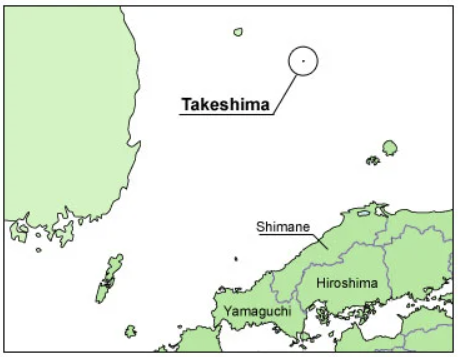|
| 서한 |
시정서한 |
|
| 매체 |
웹사이트
|
|
| 이슈 |
|
|
| 언어 |
영어
|
|
| 서한보내는곳 |
https://ishingen.wordpress.com/tag/takeshima/ |
|
| 오류내용 |
독도를 Takeshima로 표기한 지도를 사용하였음 |
|
| E-mail / Contact |
happyjin6337@gmail.com |
|
서론 |

Dear webmaster,Hi, I'm Jinhwan Yoon from Dan-kook high school. I'm writing to ask you that you make corrections on your website below. https://ishingen.wordpress.com/tag/takeshima/
You have been using the term 'Takeshima' to describe the island on the East Sea. 'Takeshima' is a word that the Japanese use to show it belongs to their territory.
|
|
| 본론 |
However, the island has never been the Japan's territory. It definitely belongs to South Korea and the correct term for it is 'Dokdo'. Traditional and international proofs support this fact.
First, historical proofs. A large number of records about Dokdo can be found in South Korea's government literature. It includes king Sejong chronicles(1454), Dongguk munheon bigo(1770), and so on. There is a record that Dokdo has been considered South Korea's territory since general Isabu conquered Usanguk in 512.
Also, international evidences. Korean Decree No.41 was internationally announced in 1900, which guarantees that 'Ulleung-gun should govern Ulleung-do and Dokdo because two islands belong to Ulleung-gun'. This also means that two islands-Ulleung-do and Dokdo-belongs to South Korea. Moreover, the protocol from Supreme Commander for Allied Powers, published in 1946, clearly mentions that Dokdo is excluded from Japan's territory and that Japanese should not approach Ulleung-do and Dokdo.
|
|
| 결론 |
I would appreciate it if you could make corrections on your website as soon as possible. It's wrong to deliver historically-mistaken knowledge to your website visitors. If you have any questions, please do not hesitate to email me back.
I look forward to your reply.
Best regards, Jinhwan Yoon |

